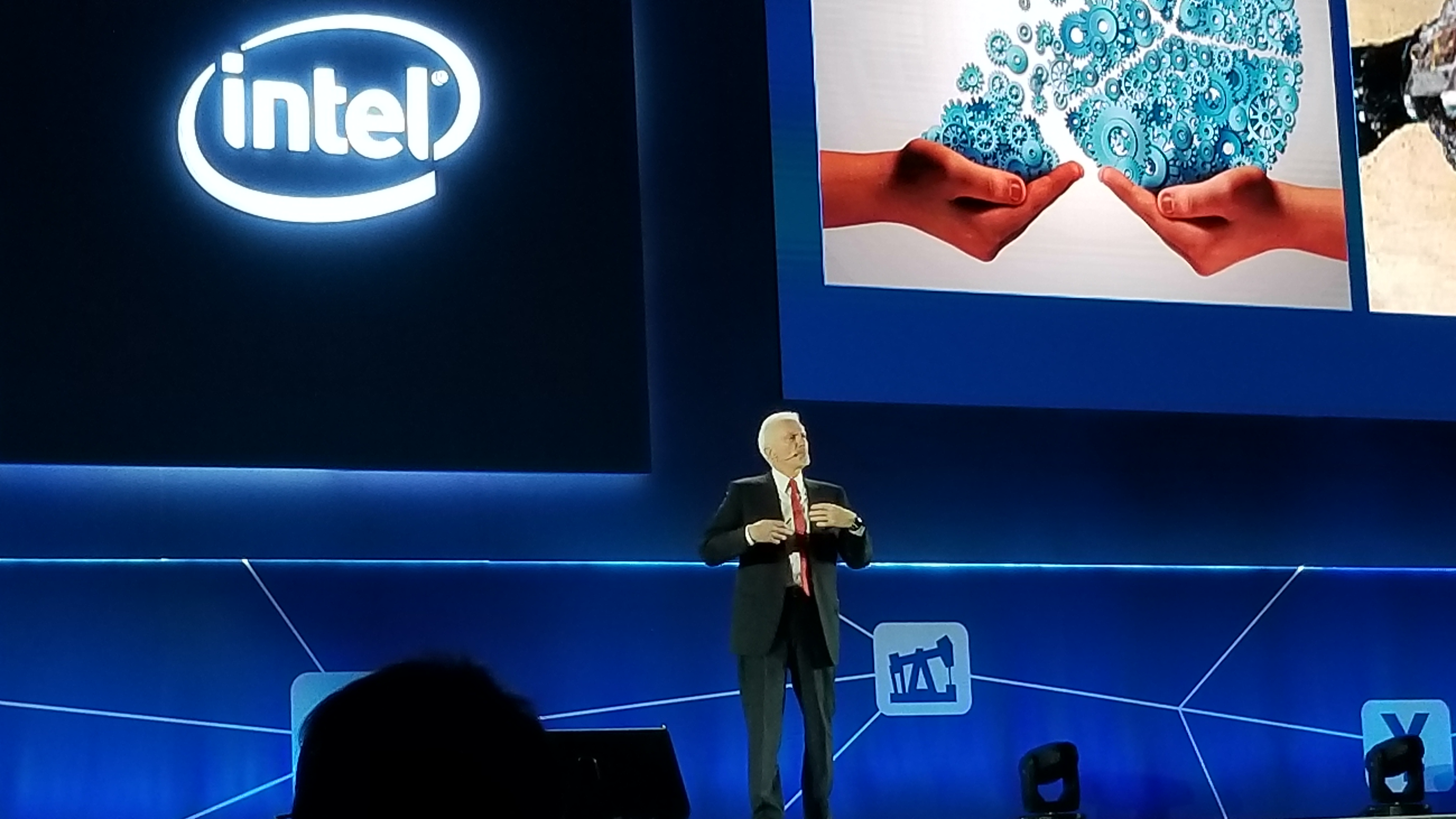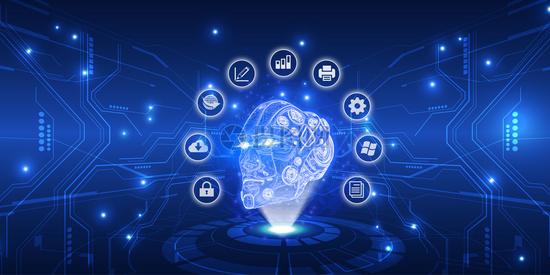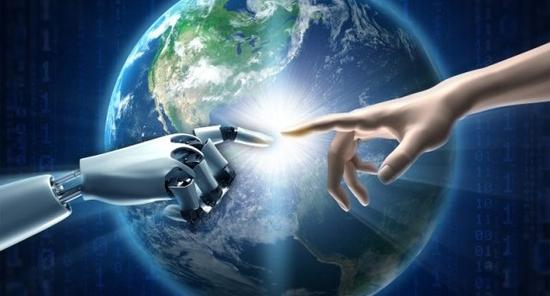This article is produced by NetEase Smart Studio (public number smartman 163). Focus on AI and read the next big era! [Netease Smart News December 3] The 2017 Intel China Industry Summit took place in Suzhou yesterday. During the event, Dr. Jerry Kaplan, a globally renowned AI expert and tech entrepreneur, delivered a speech discussing the evolution of artificial intelligence and how it can drive transformation across industries. While logical reasoning was once the dominant approach in AI, machine learning has now taken center stage. Dr. Kaplan explained that many problems cannot be solved through logic alone, and instead require a different method. Machine learning allows systems to extract patterns from large datasets and apply them to new examples. For instance, after training on images of cats and dogs, the system can then be used for stock market analysis or other similar tasks. The rise of machine learning is closely tied to the exponential growth in computing power. Over the past 30 years, computer speeds have increased by a million times. If we compare the computers of 30 years ago to a snail, today’s machines are like rockets. As computing speeds increase and data volumes grow, machine learning becomes an even better fit. With the upcoming 5G era, this will further enhance deduction, reasoning, and real-world interaction. In the future, we could see more advanced robots with strong perception abilities, smarter factories, self-driving cars, and wearable sensors. Looking ahead, Dr. Kaplan believes that future computing devices may become more immersive, such as integrating with headphones and contact lenses. These devices will act as personal assistants, enhancing our daily lives. Dr. Kaplan concluded that AI will brighten the future, make human intelligence more valuable, and help us tackle challenges more effectively. He emphasized that the future must be created by people, and we should find innovative ways to use AI to serve humanity better. Below is a summary of Dr. Kaplan’s speech: Dr. Kaplan: Artificial Intelligence, or AI, is a field that has evolved significantly over the years. To understand its potential, we first need to define what AI is and explore its history. Then, we can look at current opportunities and the impact it has on various industries. I’ll also share some insights on how businesses can better integrate AI into their operations and discuss the role of the Chinese government in supporting the AI revolution. First, I want to ask you: What is artificial intelligence? Many people associate AI with fears of machines becoming too powerful, taking jobs, or even controlling the world. These concerns often come from science fiction, like the movie "Terminator." However, AI is not as scary as it seems. Today’s robots are still quite limited, and they lack independent desires or thoughts. They simply follow pre-programmed instructions. AI, in my view, is not about mimicking human intelligence but about automation. It aims to improve efficiency in both intellectual and physical tasks. While AI is not inherently intelligent, it acts as a powerful tool that makes humans more productive and free from repetitive work. Looking back at the history of AI, it began at the 1956 Dartmouth Conference. At the time, researchers believed that intelligence was based on logical reasoning. This led to early AI systems that could solve structured problems, such as mathematical proofs or simple decision-making tasks. However, many real-world problems—like understanding natural language or interpreting images—were too complex for logical reasoning alone. This is where machine learning came in. Instead of relying on rules, it uses data to find patterns and make predictions. As data volumes and computing power grew, machine learning became increasingly effective, especially with the arrival of 5G and the Internet of Everything (IoE). Machine learning has already transformed many industries. From self-driving cars to smart manufacturing, AI is enabling new possibilities. Flexible robots, for example, can now work alongside humans in dynamic environments, improving productivity and safety. In healthcare, AI is helping doctors diagnose diseases more accurately, while in retail, it's offering personalized shopping experiences. Moreover, AI is reshaping how we interact with technology. Future devices might be more integrated into our daily lives, acting as invisible assistants that provide real-time support. Imagine wearing contact lenses that offer instant information or guiding you through your day with subtle reminders. For businesses, the key to success lies in leveraging data effectively. The more data you have, the better your AI models can perform. But it's important to start small, test ideas, and gradually scale up. AI is not a magic solution—it requires careful planning and execution. In China, the government plays a crucial role in fostering AI development. By promoting data sharing and optimizing infrastructure, it can help companies harness the full potential of AI. As AI continues to evolve, it will create new opportunities and reshape industries in ways we can't yet imagine. Ultimately, AI is a tool that empowers humans. It will make our lives easier, more efficient, and more connected. But the future is still in our hands. We must use AI responsibly and creatively to build a better world. Thank you for your attention. Keep following the NetEase Smart public account (smartman163) for the latest updates on AI and its impact on the industry. Finally, remember: AI is not just about machines. It's about people, creativity, and the future we choose to build together. Let’s embrace this change and explore all the possibilities it brings. Thank you. (End) Follow NetEase Smart on social media for the latest AI news and insights. Ncv Detector,Ncv Test Pen ,Detector Ncv,Ncv Voltage Tester YINTE TOOLS (NINGBO) CO., LTD , https://www.yinte-tools.com



